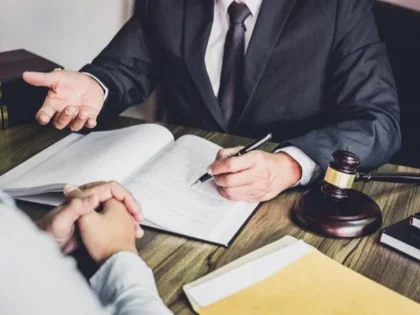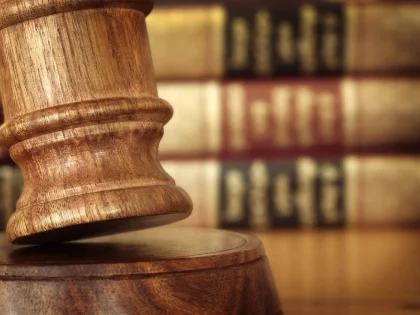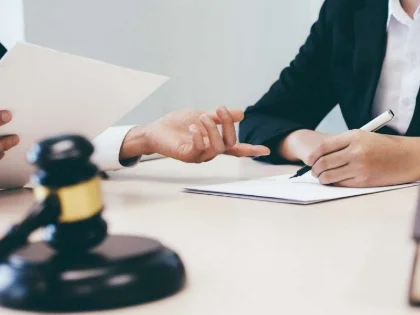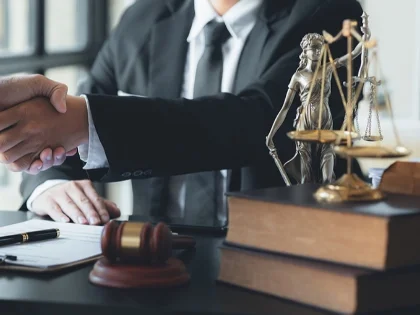Lawyers: Your Guardians In TheJustice System
Attorneys must weigh their personal interests against those of their profession and fulfill significant obligations to the public and the legal system. The Rules of Professional Conduct, as well as other substantive and procedural laws, influence these interests. Attorneys ought to try to further legal education, develop a broader understanding of the law outside of their practice, and improve the law and everyone's access to justice.
A lawyer asks: What is it?
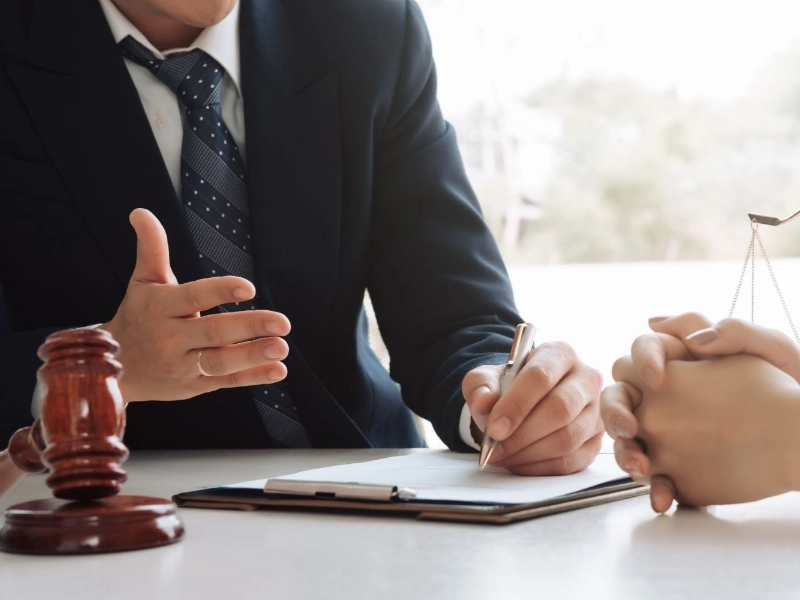
Courtroom Role of Attorneys
 The role of a lawyer in court is to represent clients and other entities. Attorneys can represent defendants as well as plaintiffs, who are typically the ones who bring a case before the court. These defendants could be people, businesses, or other kinds of entities. If either party cannot afford an attorney, the court will assign one to them. Alternatively, those parties may hire their own attorneys.
Assisting clients in understanding the law and their options is an aspect of a lawyer's job description. In addition, they could counsel clients to reach a settlement or compromise rather than start or pursue pointless legal actions, depending on the situation.
As members of their profession, attorneys have a duty to improve the legal system and advance justice. In addition to working toward changes to legal education and training, they are obligated to uphold public faith in the law and the judicial system. They must avoid power abuse and respect others' rights.
The role of a lawyer in court is to represent clients and other entities. Attorneys can represent defendants as well as plaintiffs, who are typically the ones who bring a case before the court. These defendants could be people, businesses, or other kinds of entities. If either party cannot afford an attorney, the court will assign one to them. Alternatively, those parties may hire their own attorneys.
Assisting clients in understanding the law and their options is an aspect of a lawyer's job description. In addition, they could counsel clients to reach a settlement or compromise rather than start or pursue pointless legal actions, depending on the situation.
As members of their profession, attorneys have a duty to improve the legal system and advance justice. In addition to working toward changes to legal education and training, they are obligated to uphold public faith in the law and the judicial system. They must avoid power abuse and respect others' rights.
The role of attorneys in trial practice is significant.
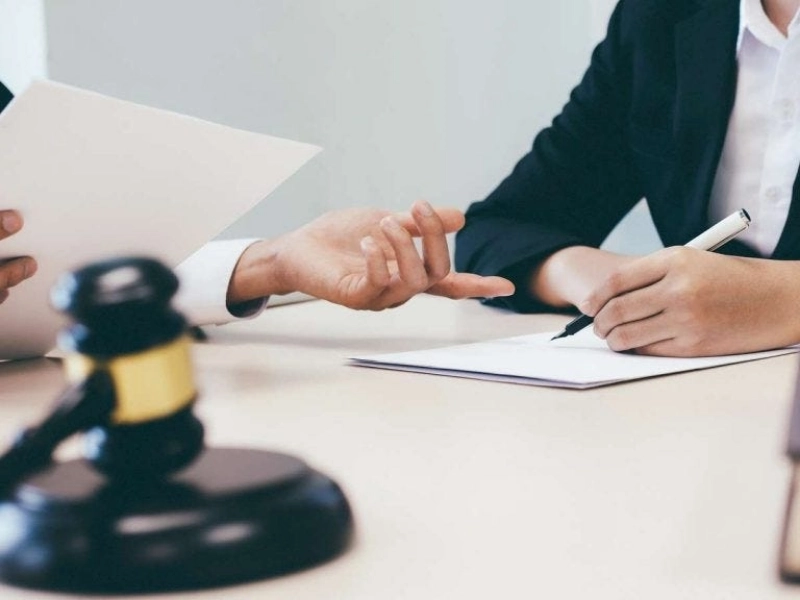 The success of a lawsuit greatly depends on the lawyer's preparation for trial. A lawyer will meticulously go through documentary evidence, witness testimony, and tangible evidence to find any discrepancies or potential case-ending variables.
A court appoints a guardian to handle personal and financial matters on behalf of an incompetent individual. Anyone who feels that they are incapable of handling their own affairs or that they are facing other situations that call for assistance—such as aging, mental illness, dementia, or chronic health conditions—can start the process by filing a petition.
Furthermore, the defendant must participate in trial preparation by maintaining open and honest communication with their defense lawyer and having faith in their abilities. This entails being ready for cross-examination as well as working on direct examination. For a mere minute of testimony, preparation can take several hours, depending on the circumstances of the case. This particularly applies to expert witnesses.
The success of a lawsuit greatly depends on the lawyer's preparation for trial. A lawyer will meticulously go through documentary evidence, witness testimony, and tangible evidence to find any discrepancies or potential case-ending variables.
A court appoints a guardian to handle personal and financial matters on behalf of an incompetent individual. Anyone who feels that they are incapable of handling their own affairs or that they are facing other situations that call for assistance—such as aging, mental illness, dementia, or chronic health conditions—can start the process by filing a petition.
Furthermore, the defendant must participate in trial preparation by maintaining open and honest communication with their defense lawyer and having faith in their abilities. This entails being ready for cross-examination as well as working on direct examination. For a mere minute of testimony, preparation can take several hours, depending on the circumstances of the case. This particularly applies to expert witnesses.
The Attorney's Function in Post-Trial Representation
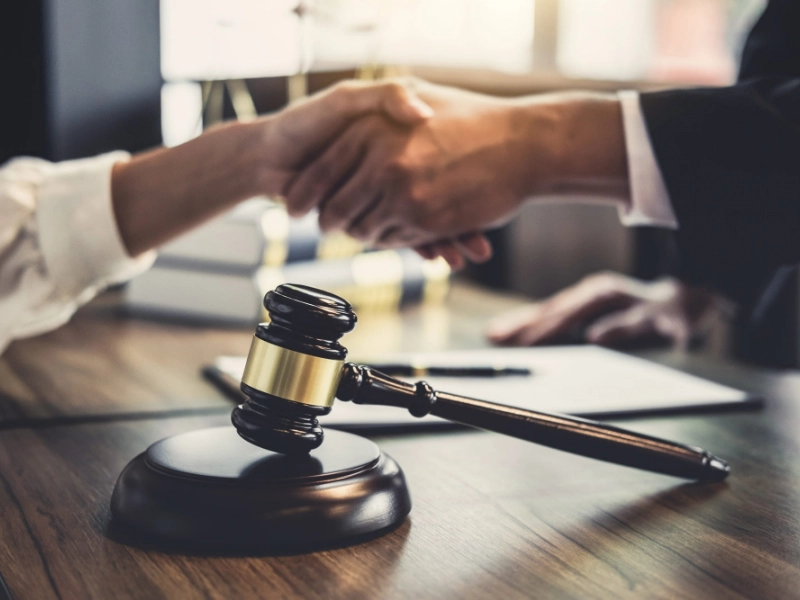 The legal system is intricate, and it can be intimidating for people who are facing criminal charges. Fairness requires that those people understand the processes and have an advocate to guide them.
Criminal defense lawyers take part in arraignments, which are official court proceedings where charges are introduced, bail hearings, and petitions to contest evidence filed before trial. In addition, they have to uphold ethical standards while questioning witnesses and contesting police conduct.
If a person feels that their fundamental rights have been infringed, a lawyer can assist them in appealing their conviction or sentence after the trial. This may entail requesting a new sentence or submitting a habeas corpus petition. Attorneys are well-versed in the law and how it applies, which puts them in a powerful position to spot any mistakes or potential constitutional infractions. To bolster their claims, they will collaborate with detectives, forensic specialists, and expert witnesses.
The legal system is intricate, and it can be intimidating for people who are facing criminal charges. Fairness requires that those people understand the processes and have an advocate to guide them.
Criminal defense lawyers take part in arraignments, which are official court proceedings where charges are introduced, bail hearings, and petitions to contest evidence filed before trial. In addition, they have to uphold ethical standards while questioning witnesses and contesting police conduct.
If a person feels that their fundamental rights have been infringed, a lawyer can assist them in appealing their conviction or sentence after the trial. This may entail requesting a new sentence or submitting a habeas corpus petition. Attorneys are well-versed in the law and how it applies, which puts them in a powerful position to spot any mistakes or potential constitutional infractions. To bolster their claims, they will collaborate with detectives, forensic specialists, and expert witnesses.
